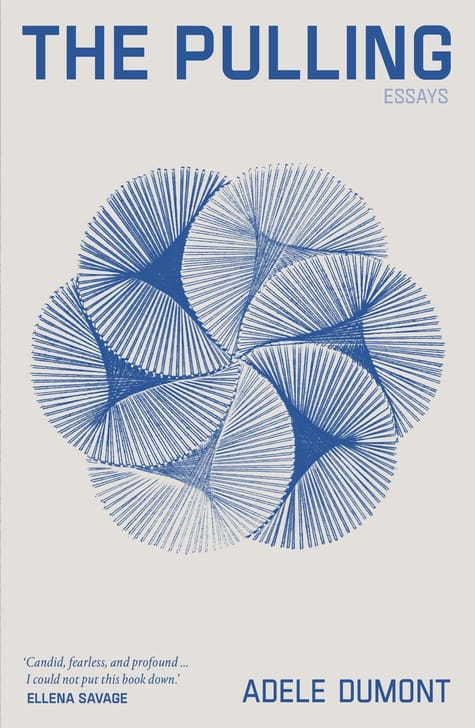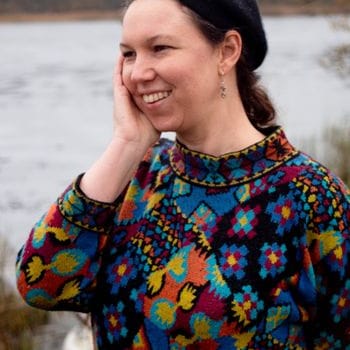The Pulling
Overview
When I’ve been overtaken, I have stood and watched the water in my porridge simmer away into the air, and then the oats turn black and crackle with dryness, and my ears fill with the smoke alarm’s shriek.
When Adele Dumont is diagnosed with trichotillomania — compulsive hair-pulling — it makes sense of much of her life to date. The seemingly harmless quirk of her late teens, which rapidly developed into almost uncontrollable urges and then into trance-like episodes, is a hallmark of the disease, as is the secrecy with which she guarded her condition from her family, friends, and the world at large.
The diagnosis also opens up a rich line of inquiry. Where might the origins of this condition be found? How can we distinguish between a nervous habit and a compulsion? And how do we balance the relief of being ‘seen’ by others with our experience of shame?
The Pulling is a fascinating exploration of the inner workings of a mind. In perfectly judged prose, both probing and affecting, Dumont illuminates how easily ritual can slide into obsession, and how close beneath the surface horror and darkness can lie.Details
- Format
- Size
- Extent
- ISBN
- RRP
- Pub date
- Rights held
- Other rights
- Paperback
- 198mm x 129mm
- 288 pages
- 9781914484834
- GBP£10.99
- 14 March 2024
- UK & Commonwealth (ex. Can), EU
- Bold Type Agency
Categories
Awards
- Shortlisted for the 2025 Prime Minister’s Literary Awards for Nonfiction
Praise
‘Adele Dumont’s The Pulling is a compulsively readable, frank, and disquieting memoir. Dumont wields Ernaux-like precision to analyse and contextualise the obsession that has made and unmade her life. The writing is candid, fearless, and profound, and it takes on questions most of us lack the backbone to face. Dumont asks what is more real, our lived or unlived lives? Are we ourselves even in our deepest compulsions? The Pulling calls to mind the unsettling clarity of Yiyun Li and Linn Ullmann. I could not put this book down.’
‘The Pulling is an intimate and intricately crafted book, a meditation on privacy and the intensity and complexity of interiority, and the ways in which we might maintain this against and within — without losing — the world. It resists the easy narratives and language of illness, and all that these reduce, and is interested instead in the fascination of compulsion, what it offers and might mean. Dumont’s writing is both vulnerable and fierce, critical, and beautifully detailed, and generous above all else.’
About the Author
Adele Dumont is an Australian writer and critic. Her work has appeared in Griffith Review, Meanjin, Southerly, ABR, and Sydney Review of Books. Adele’s first book, No Man is an Island, is an account of her experiences teaching English to asylum seekers in detention. Adele lives in Sydney, where she works as an English language teacher and examiner. When she needs a break from text and from screens, she enjoys baking, bushwalking, and eavesdropping.

